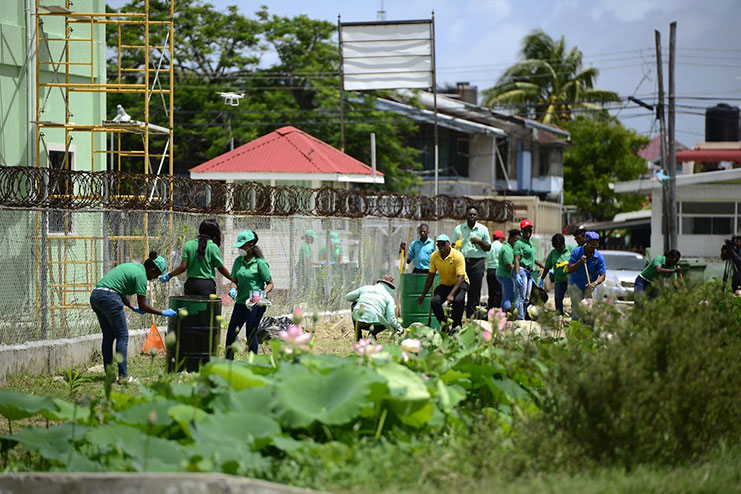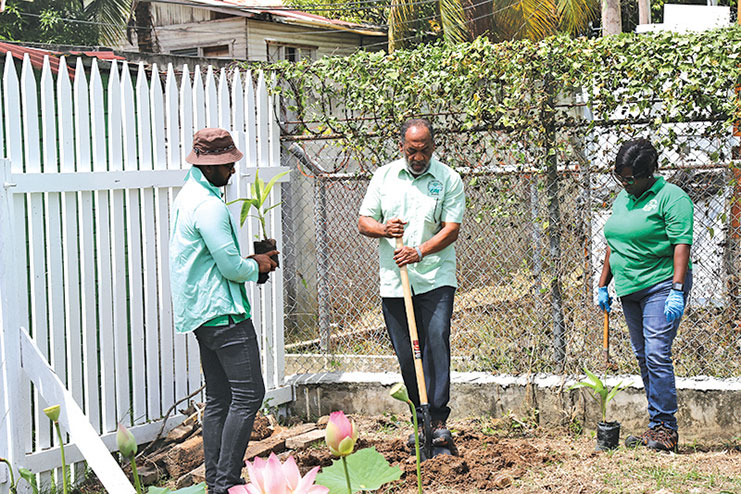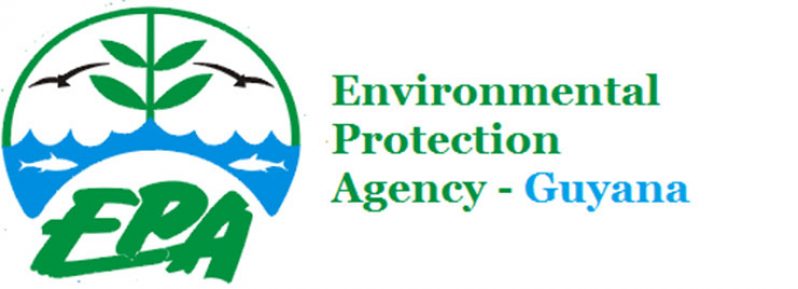DO you practise Environmental Stewardship?
Environmental stewardship refers to the responsible use and protection of the natural environment through conservation and sustainable practices. There are three types of Environmental Stewards:
* Doers- these are the ones who go out and help the cause by taking action.
* Donors- these are persons who help the cause financially.
* Practitioners- they work on a day-to-day basis to steer government agencies, scientist, stakeholder groups, etc. towards a stewardship outcome.
Why should you be a Steward of the Environment?
Human activities have impacted the environment since the first toolmakers learned to make fire. As our population grew the impact on the environment increased. Climate change, decimation of fish populations and the ever-decreasing range for wild ecosystems are the most obvious impacts. To combat this impact and to take climate action, becoming a Steward of the Environment is the best choice for you.

How can you become an Environmental Steward?
Starting with these few tips will make you a good example as an Environmental Steward. Now let’s start!
1. Reduce the Carbon Footprint of Your Food
The production of some foods takes twice as much energy as others, for example, frozen foods will use more energy to prepare for cooking as compared to using fresh foods. Many practices and processes used in the production of food are harmful to both people and the environment. Thus, we must be informed about the sources of the food we eat and how it is produced. `
2. Reduce your Meat Consumption
Regular consumption of meat is harmful to our health. A lot of environmental pollution is caused during improper agricultural practices, particularly from livestock-rearing. Pesticides are sprayed on food that livestock are fed and the water they drink is contaminated with chemicals from fertiliser washed in the waterways.

3. Compost your Natural Waste
Our environment is full of waste that is both natural and artificial. Refuse from vegetables and fruits can be added to the farm or kitchen garden, which will form compost that enriches the soil, thus providing nutrients to the crops. As environmental stewards, we must ensure that we have information on the various ways to make a compost pit using natural waste.
4. Change Your Mode of Transportation
In order to be a better environmental steward in 2020, other forms of transport should be deployed to offset the use of motor vehicles such as cars. For instance, the use of bicycles has proven to be effective since it does not require the consumption fossil-fuel for energy and thus, does not emit carbon. The cost of purchasing bicycles is way cheaper and guarantees that one is physically fit. There are also other ways of cutting back on the use of cars such as car-sharing and the use of big buses. Again, for short distances, walking is encouraged.
5. Cut Down On the use of Single-Use Plastics and Microplastics
Purchasing reusable water bottles, food containers and cotton bags as substitutes would aid the reduction of plastic in the environment. With tons of plastic in the earth, the purchase of plastic items should be avoided as much as possible, especially the single-use plastics such as water bottles and plastic bags that form the bulk of the items in the landfill.
Over the years, there have been tons of plastic converging in our waste bodies both inland and oceans. This has not augured well within the marine environment, which has seen the death of fishes and other marine animals due to suffocation and or ingesting the microplastics in water.
Remember, Say No To Single-Use Plastic.
6. Become an Environmental Volunteer
The time to act is now. You can volunteer right in your neighbourhood or community with a designated volunteer group or just with friends and family. Assist in an educational session, create a green space or help clean up some parapets. You are guaranteed to have a fulfilling experience as you become an agent of change.
“Good Stewardship of the environment is not just a personal responsibility; it is a public value. Our duty is to use the land well, and sometimes not to use it at all. This is our responsibility as citizens, but more than that, it is our calling as stewards of earth” – George W. Bush
You can share your ideas and questions by sending letters to The Environmental Protection Agency, C/O Communications Department, Ganges Street, Sophia, GEORGETOWN, or email us at eit.epaguyana@gmail.com or follow us on Facebook, Instagram and YouTube.




.jpg)










